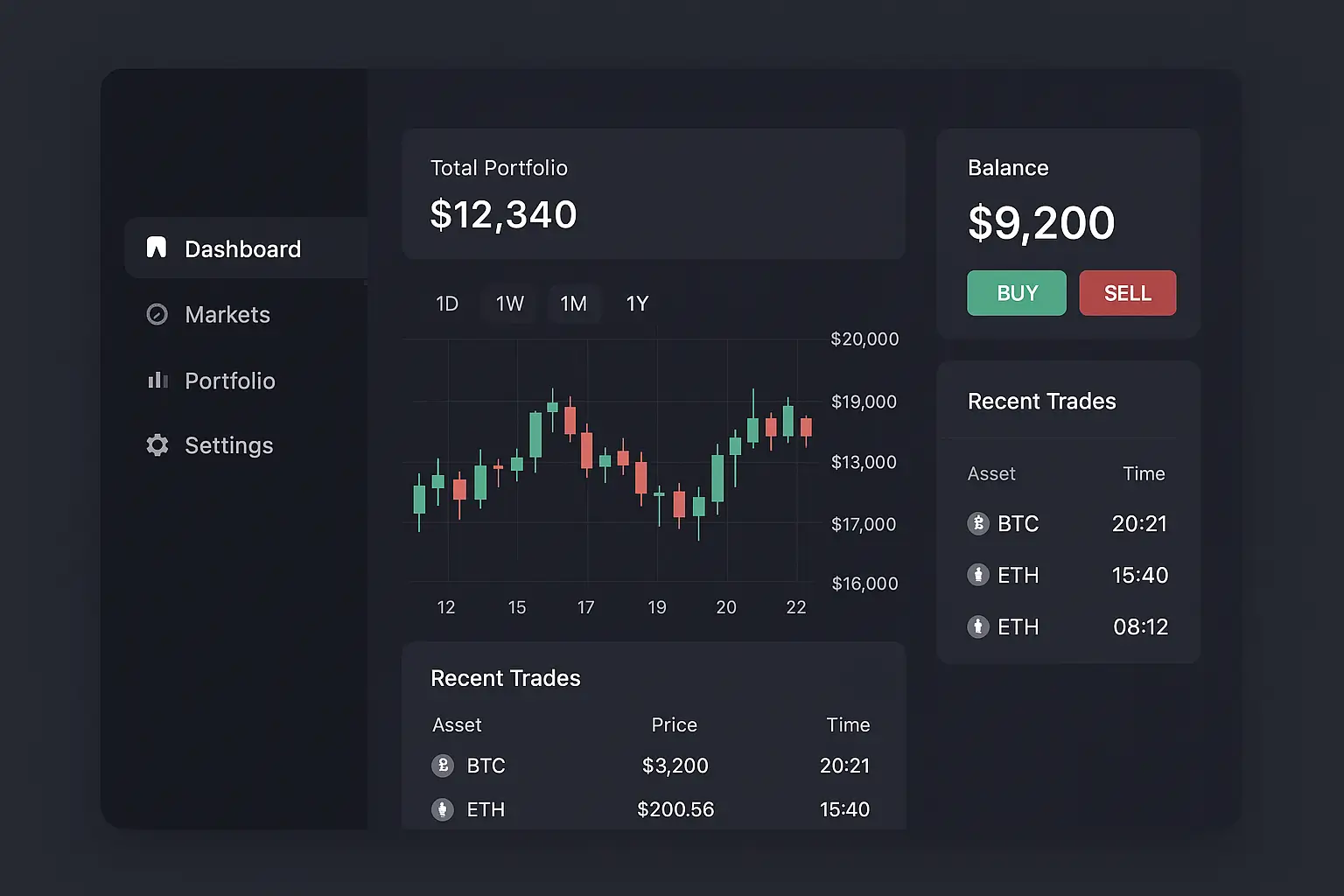How My Developer Skills Made Me a Better Forex Trader
Discover how my web development background became my secret weapon in forex trading - from automated systems to data-driven decisions.
🕒 3 min read
The “Aha!” Moment
I’ll never forget the day I realized my coding background was my secret weapon in forex trading. I was staring at charts for hours, trying to spot patterns manually, when it hit me: “I’m a developer—why am I doing this like everyone else?”
That moment changed everything. Here’s how my tech skills transformed my trading journey.
1. Data Analysis: From Guesswork to Precision
Before (Manual Trading):
- Staring at charts for hours
- Emotional decisions based on “gut feeling”
- Inconsistent results
After (Developer Approach):
# Simple momentum analysis script I built
import pandas as pd
import numpy as np
def analyze_trend(data):
# Calculate moving averages
data['MA_20'] = data['close'].rolling(20).mean()
data['MA_50'] = data['close'].rolling(50).mean()
# Identify trend direction
data['trend'] = np.where(data['MA_20'] > data['MA_50'], 'bullish', 'bearish')
return data
Result: I went from guessing trends to quantifying them with actual data.
- Automation: Trading While I Sleep The Problem: Missing opportunities during work hours
Emotional trading after long days
Inconsistent trade execution
My Solution: I built a simple Python bot that:
Monitors specific currency pairs
Executes trades based on predefined rules
Sends me Telegram notifications
The Impact: My trading became systematic, not emotional.
- Custom Tools: Building What Didn’t Exist My Trading Dashboard: Instead of paying for expensive platforms, I built my own with:
Next.js frontend
Python backend for analysis
Free APIs for market data
Features I added that commercial platforms lack:
Custom risk calculators
Personal trade journal integration
Algorithm performance tracking
- Risk Management: Code-Based Discipline The Developer Mindset Applied to Trading:
Risk management rules I coded
def calculate_position_size(account_balance, risk_per_trade=0.02): max_risk = account_balance * risk_per_trade position_size = max_risk / (entry_price - stop_loss) return min(position_size, account_balance * 0.1) # Max 10% of account
Why this works: The code doesn’t get greedy or fearful—it just follows the rules.
- Backtesting: Learning from History My Approach: Instead of risking real money on untested strategies, I:
Wrote scripts to test strategies on historical data
Analyzed performance metrics (win rate, drawdown)
Optimized based on data, not emotions
Result: I avoided costly mistakes by testing strategies virtually first.
Practical Tools Any Developer-Trader Can Use Free Resources I Started With: Python libraries: pandas, numpy, matplotlib
Broker APIs: Most major brokers offer free API access
Data sources: Yahoo Finance, Alpha Vantage (free tier)
My Current Stack: Analysis: Python + Jupyter notebooks
Automation: Custom scripts + broker API
Visualization: TradingView + custom dashboards
Journaling: Notion API + custom database
The Biggest Lesson: Systems Over Emotions As developers, we’re trained to think in systems. This mindset was my game-changer:
Before: “I feel like EUR/USD will go up” After: “My system shows a 68% probability of upward movement based on these 5 indicators”
Your First Step: Start Small You don’t need to build complex algorithms overnight. Start with:
A simple spreadsheet to track your trades systematically
Basic Python script to analyze your trading history
Custom indicators on TradingView (they have a scripting language)
Ready to Bridge Your Skills? If you’re a developer interested in trading (or a trader learning to code), you have a unique advantage. The intersection of these skills is where real edge is found.
Next week, I’ll share: “How to Build Your First Trading Dashboard with Python” - a step-by-step guide for developers.
Discussion Questions: What tech skills have helped your trading?
What trading problems could you solve with code?
Any specific tools you’d like me to cover?
Let me know in the comments below! 👇

Comments & Discussion
Join the conversation using your GitHub account. Comments are powered by Utterances.